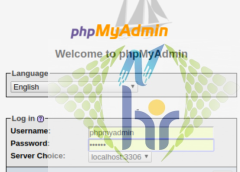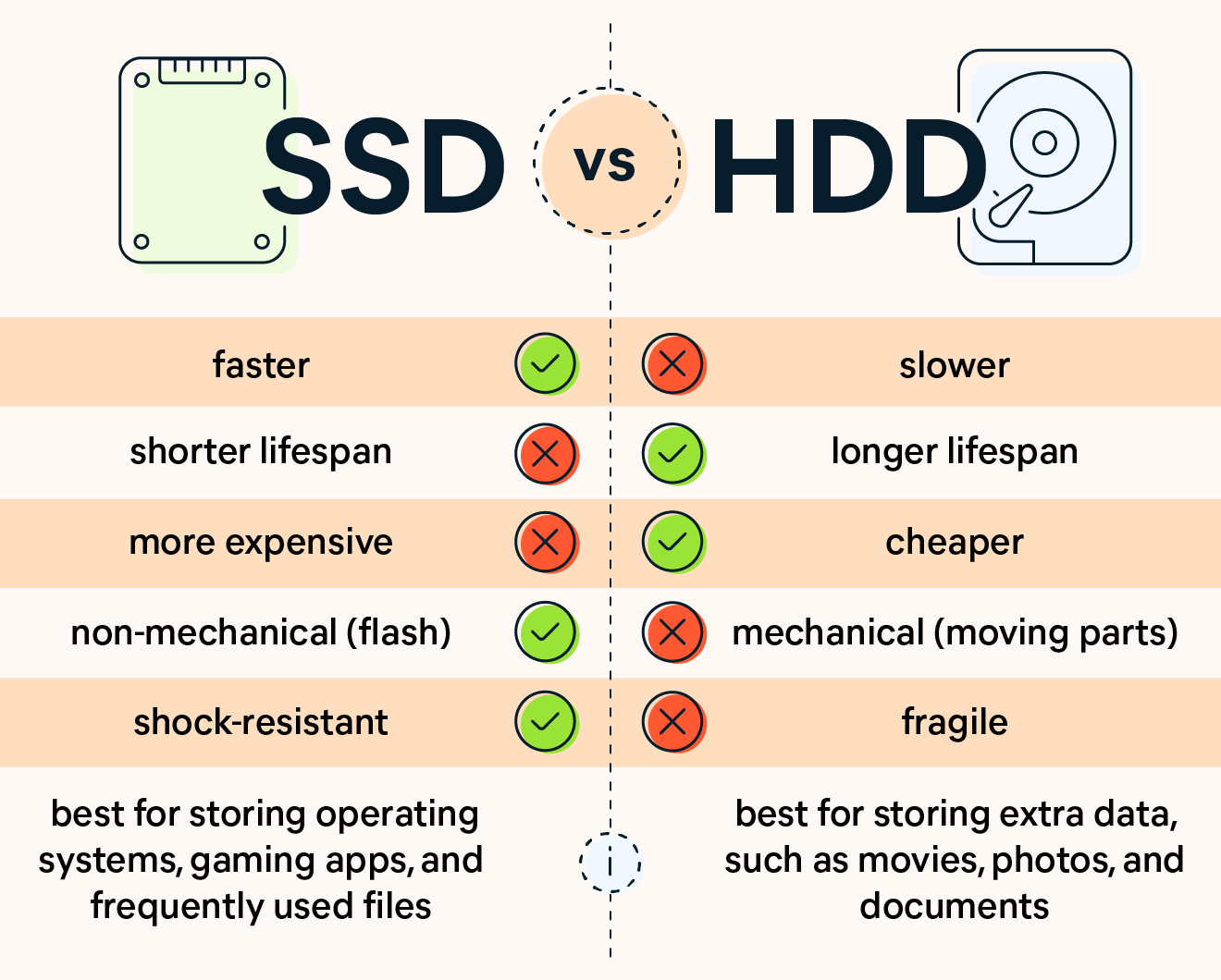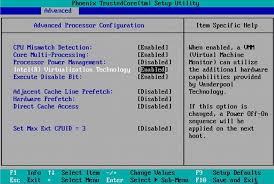
Take a mysqldump back-up to separate files
To take a back-up, run the mysqldump tool on each available database.
$ mysql -N -e 'show databases' | while read dbname; do mysqldump --complete-insert --routines --triggers --single-transaction "$dbname" > "$dbname".sql; done
The result is a list of all your database files, in your current working directory, suffixed with the .sql file extension.
$ ls -alh *.sql -rw-r--r-- 1 root root 44M Aug 24 22:39 db1.sql -rw-r--r-- 1 root root 44M Aug 24 22:39 db2.sql
If you want to write to a particular directory, like /var/dump/databases/, you can change the output of the command like this.
$ mysql -N -e 'show databases' | while read dbname; do mysqldump --complete-insert --routines --triggers --single-transaction "$dbname" > /var/dump/databases/"$dbname".sql; done
Mysqldump each database and compress the SQL file
If you want to compress the files, as you’re taking them, you can run either gzip or bzip on the resulting SQL file.
$ mysql -N -e 'show databases' | while read dbname; do mysqldump --complete-insert --routines --triggers --single-transaction "$dbname" > "$dbname".sql; [[ $? -eq 0 ]] && gzip "$dbname".sql; done
The result is again a list of all your databases, but gzip‘d to save diskspace.
$ ls -alh *.gz -rw-r--r-- 1 root root 30K Aug 24 22:42 db1.sql.gz -rw-r--r-- 1 root root 1.6K Aug 24 22:42 db1.sql.gz
This can significantly save you on diskspace at the cost of additional CPU cycles while taking the back-up.
Import files to mysql from each .SQL file
Now that you have a directory full of database files, with the database name in the SQL file, how can you import them all again?
The following for-loop will read all files, strip the “.sql” part from the filename and import to that database.
Warning: this overwrites your databases, without prompting for confirmation. Use with caution!
$ for sql in *.sql; do dbname=${sql/.sql/}; echo -n "Now importing $dbname ... "; mysql $dbname < $sql; echo " done."; done
The output will tell you which database has been imported already.
$ for sql in *.sql; do dbname=${sql/.sql/}; echo -n "Now importing $dbname ... "; mysql $dbname < $sql; echo " done."; done
Now importing db1 ... done.
Now importing db2 ... done.
These are very simple one-liners that come in handy when you’re migrating from server-to-server.
![]()





![[Resource]: Installing Webuzo on Your Nestict Cloud VPS: A Detailed Guide](https://www.blog.nestict.com/wp-content/uploads/2024/12/image.webp)
![[Resource] : Comprehensive List of Equity Bank Codes Across Kenya by Region](https://www.blog.nestict.com/wp-content/uploads/2024/12/image-5.png)



![[Continuation]: Current Challenges in Making Physics and Geography Compulsory](https://www.blog.nestict.com/wp-content/uploads/2024/12/The-universe-of-mathematics-physic-and-astronomy-its-ama…-Flickr.jpg)
![[Resource] : Why Physics and Geography Should Be Compulsory Like Mathematics in Education](https://www.blog.nestict.com/wp-content/uploads/2024/12/image.png)


![[LINKTREE] 2024 PAST PAPERS , NOTES ,RESOURCE,REVISION,EXAMINATIONS](https://www.blog.nestict.com/wp-content/uploads/2024/10/SCHM.jpeg)


![Maritime Terms, Abbreviations and Acronyms [Shipping Terms – Searchable]](https://www.blog.nestict.com/wp-content/uploads/2024/09/Container-Stowage-Stock-Illustrations-–-71-Container-Stowage-Stock-Illustrations-Vectors-Clipart-Dreamstime.jpg)
![Maritime Terms, Abbreviations and Acronyms [ Shipping Terms]](https://www.blog.nestict.com/wp-content/uploads/2024/09/image.png)








![[Explainer]: NVMe storage, SSD (SATA SSD), and HDD](https://www.blog.nestict.com/wp-content/uploads/2024/08/Laptops-are-available-with-SSDs-and-HDDs.png)














![[Updated 2024] – Passport Application FOR CHILDREN ONLY(PERSONS UNDER 18 YEARS)](https://www.blog.nestict.com/wp-content/uploads/2023/09/keppp-240x172.png)
![[Updated 2024] -Passport Application FOR ADULTS ONLY-PERSONS OVER 18 YEARS](https://www.blog.nestict.com/wp-content/uploads/2023/09/EAF-Passport-e1631045054464-400x800-1-240x172.jpg)









